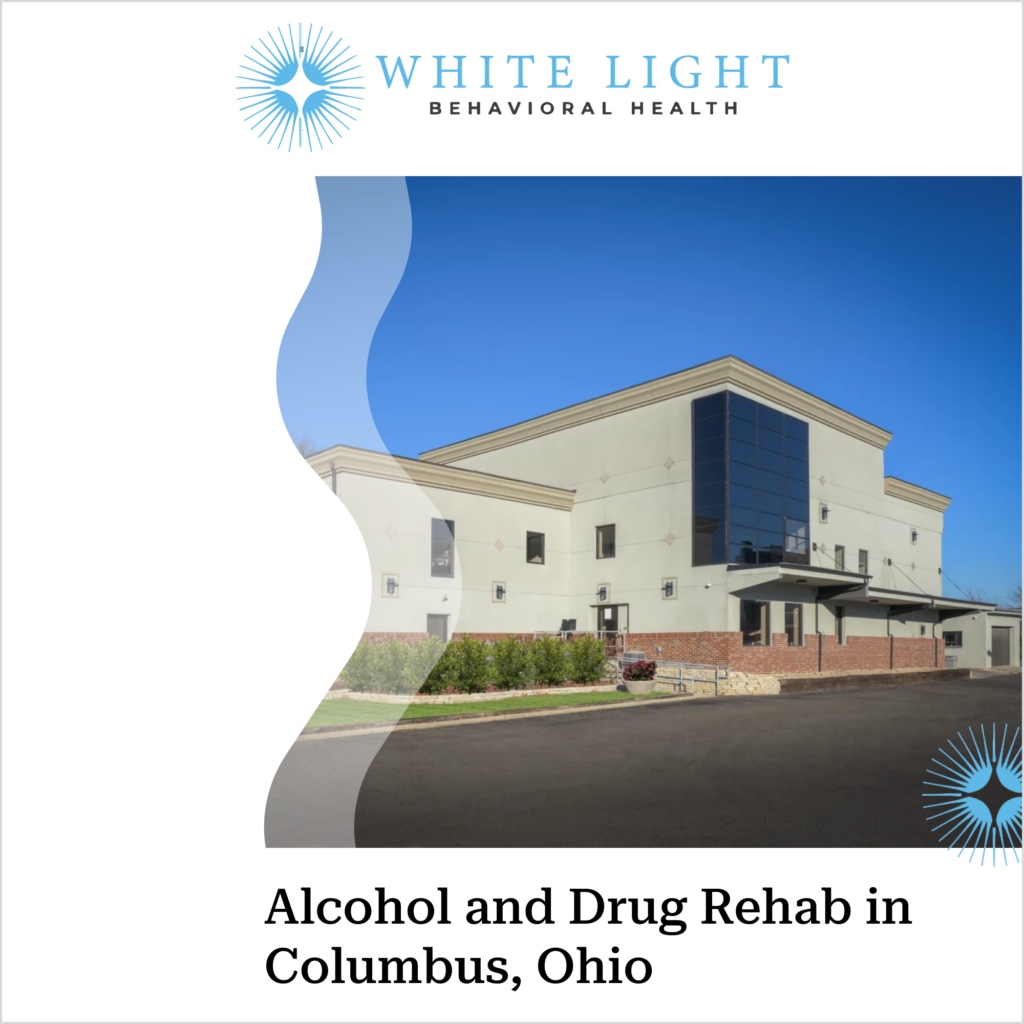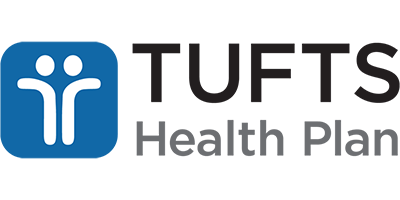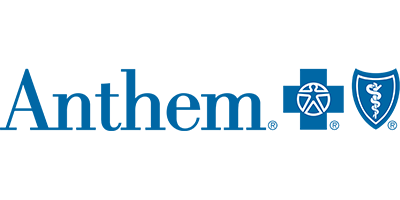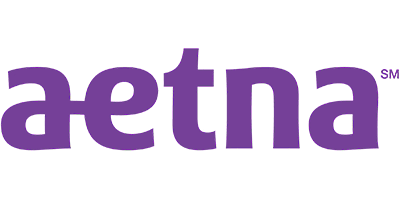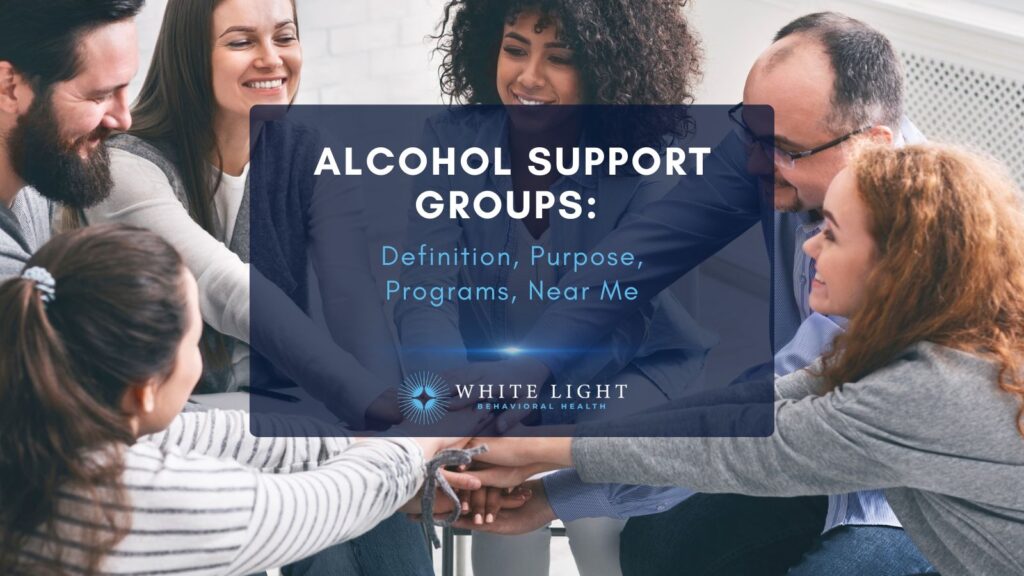Alcohol Addiction Medication: Definition, Types, Benefits, Side Effects, Alternatives
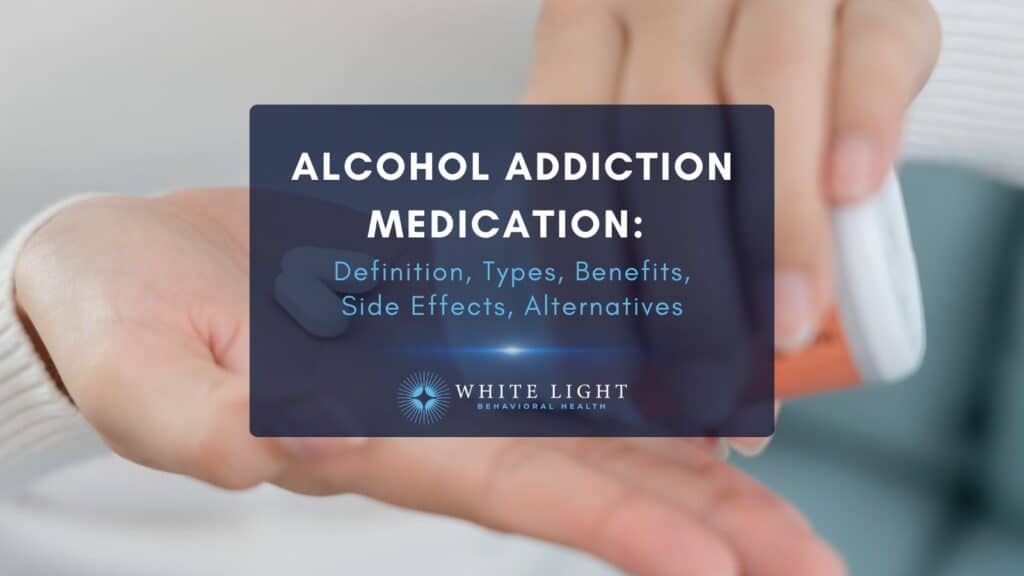
Alcohol addiction medications are designed to help you reduce alcohol dependence and support long-term sobriety.
According to the Ohio Department of Mental Health and Addiction Services (OhioMHAS) (2023), only 7.6% of individuals receiving treatment for alcohol use disorder (AUD) in Ohio were prescribed FDA-approved medications such as naltrexone, acamprosate, or disulfiram as part of their recovery plan in 2022.
Benefits of alcohol addiction medication include supporting long-term recovery by reducing cravings, preventing relapse, and improving brain function, especially when combined with counseling and therapy.
Side effects of alcohol addiction medications include mild symptoms like nausea and headache, to more severe reactions such as liver toxicity and cardiovascular issues.
Alternatives to alcohol addiction medication include behavioral therapies like Cognitive Behavioral Therapy (CBT) and motivational interviewing, which provide effective non-medication approaches. Combining these methods, with or without medication, improves recovery outcomes.
Alcohol addiction medications are designed to help you reduce alcohol dependence and support long-term sobriety.
According to the Ohio Department of Mental Health and Addiction Services (OhioMHAS) (2023), only 7.6% of individuals receiving treatment for alcohol use disorder (AUD) in Ohio were prescribed FDA-approved medications such as naltrexone, acamprosate, or disulfiram as part of their recovery plan in 2022.
Benefits of alcohol addiction medication include supporting long-term recovery by reducing cravings, preventing relapse, and improving brain function, especially when combined with counseling and therapy.
Side effects of alcohol addiction medications include mild symptoms like nausea and headache, to more severe reactions such as liver toxicity and cardiovascular issues.
Alternatives to alcohol addiction medication include behavioral therapies like Cognitive Behavioral Therapy (CBT) and motivational interviewing, which provide effective non-medication approaches. Combining these methods, with or without medication, improves recovery outcomes.
Did you know most health insurance plans cover substance use disorder treatment? Check your coverage online now.
What Is Alcohol Addiction Medication and How Does It Work?
Alcohol addiction medication is a treatment option designed to help those struggling with alcohol dependence by reducing cravings, minimizing withdrawal symptoms, and preventing relapse. Alcohol addiction medications are used as part of a comprehensive addiction recovery plan that includes counseling and behavioral therapy.
More Resources on Addiction:
By addressing the biological aspects of alcohol dependence, these treatments support long-term sobriety and improve the chances of successful recovery.
The FDA has approved several medications for AUD treatment, including Naltrexone, Acamprosate, and Disulfiram.
What Are Different Alcohol Addiction Medications?
Different alcohol addiction medications are naltrexone, acamprosate, disulfiram, and nalmefene, each working in unique ways to support recovery. These medications help reduce cravings, block alcohol’s pleasurable effects, or create aversive reactions to drinking, making it easier for individuals to maintain sobriety.
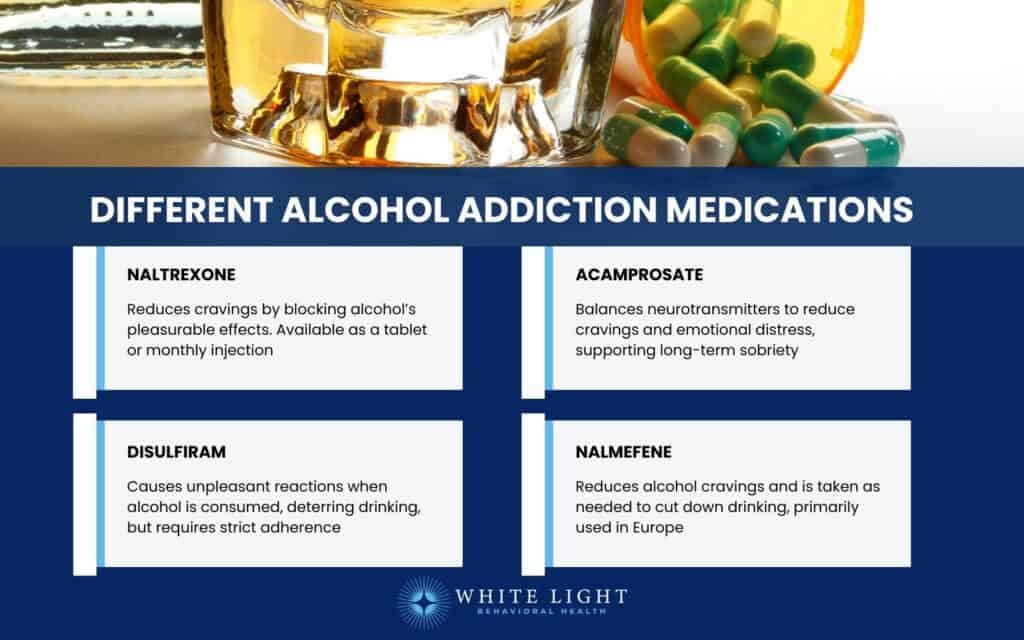
The different alcohol addiction medications include:
Naltrexone
Naltrexone is an opioid antagonist that blocks opioid receptors in the brain, reducing the pleasurable effects of drinking by preventing the release of endorphins associated with alcohol reinforcement. By making alcohol less rewarding, naltrexone helps you decrease cravings and the likelihood of relapse. It is available in two forms: a daily oral tablet and a long-acting injectable version called Vivitrol, which is administered once a month.
Acamprosate
Acamprosate stabilizes neurotransmitter activity in the brain, specifically by regulating GABA and glutamate levels. This helps reduce post-withdrawal cravings and the emotional distress associated with alcohol dependence. It is prescribed to those who have already achieved initial sobriety and need support in maintaining long-term abstinence.
Disulfiram
Disulfiram is an aversion-based medication that inhibits aldehyde dehydrogenase, an enzyme responsible for breaking down alcohol in the body. When alcohol is consumed while taking disulfiram, it leads to a severe reaction, including nausea, vomiting, headache, and flushing, which deters drinking. While effective in lowering relapse rates, disulfiram requires strict adherence, as its effectiveness depends on consistent use.
Contact us today to schedule an initial assessment or to learn more about our services. Whether you are seeking intensive outpatient care or simply need guidance on your mental health journey, we are here to help.
Nalmefene
Nalmefene is an opioid antagonist similar to naltrexone, but is primarily used in Europe for alcohol addiction treatment. It works by reducing the urge to drink and diminishing the rewarding effects of alcohol, making it particularly useful for individuals who aim to cut down rather than completely abstain.
Are There Off-Label Medications for Alcohol Addiction Treatment?
Yes, there are off-label medications for alcohol addiction treatment, including topiramate, baclofen, and gabapentin. Although not FDA-approved for alcohol use disorder (AUD), research suggests these medications help reduce cravings, withdrawal symptoms, and alcohol consumption.
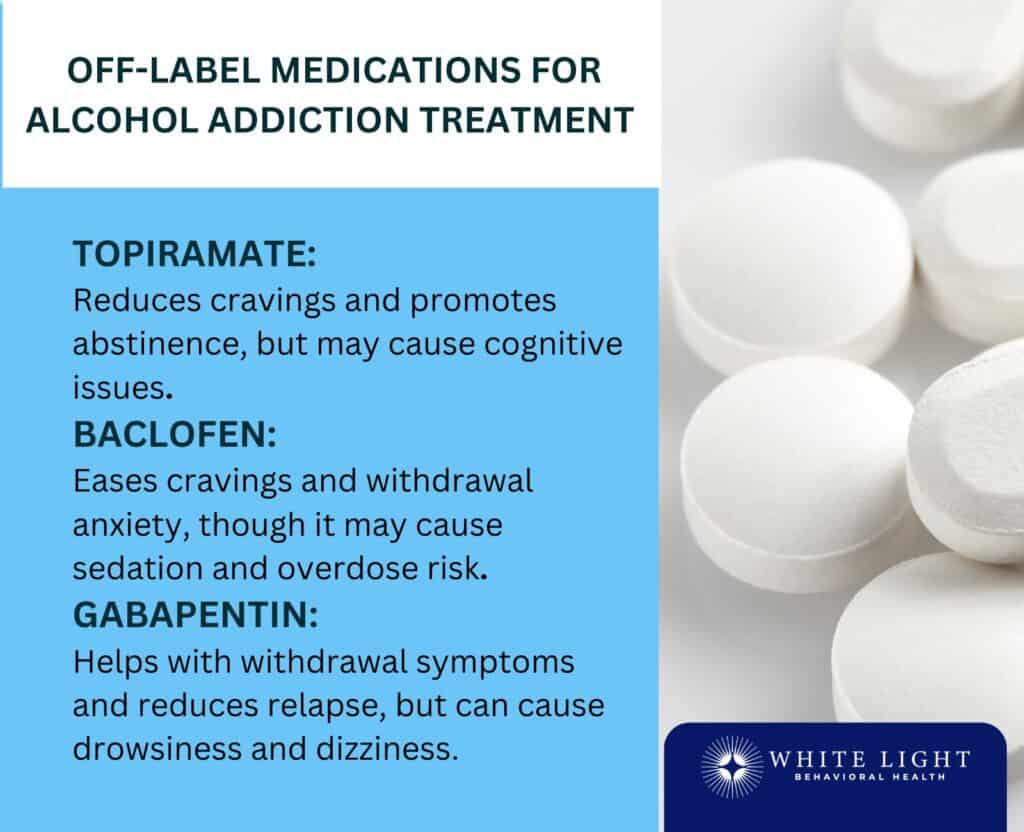
- Topiramate: Originally an anticonvulsant, topiramate has shown effectiveness in reducing alcohol cravings and promoting abstinence. It works by affecting GABA and glutamate neurotransmitters, helping to stabilize brain chemistry altered by alcohol dependence.
- Baclofen: A muscle relaxant that acts on GABA receptors, baclofen has been studied for its potential to reduce alcohol cravings and anxiety associated with withdrawal.
However, concerns about sedation, dizziness, and overdose risk have prevented FDA approval for AUD treatment.
- Gabapentin: Commonly prescribed for nerve pain and epilepsy, gabapentin has been studied for its ability to ease alcohol withdrawal symptoms and reduce relapse risk. It modulates GABA activity, helping to manage anxiety and insomnia associated with early sobriety.
What Are the Differences Between FDA-approved Alcohol Addiction Medications?
The differences between FDA-approved alcohol addiction medications primarily lie in their mechanisms of action.
These differences determine their effectiveness, suitability, and potential side effects.
A comparison of FDA-Approved Alcohol Addiction Medications is detailed below:
| Aspects | Naltrexone | Acamprosate | Disulfiram |
| Mechanism of Action | Opioid antagonist that blocks endorphins, reducing alcohol reinforcement. | Regulates GABA and glutamate to restore brain balance and reduce cravings. | Inhibits aldehyde dehydrogenase, causing a severe reaction when alcohol is consumed. |
| Effectiveness | Reduces heavy drinking and cravings, most effective for individuals who want to cut down or quit. | Helps maintain abstinence and is particularly useful for those already sober. | Effective for highly motivated individuals but requires strict adherence. |
| Administration | Available as a daily pill or monthly injection (Vivitrol). | Taken orally as three daily tablets. | Oral tablet taken once daily. |
| FDA Approval Year | 1994 | 2004 | 1951 |
| Common Side Effects | Nausea, headache, dizziness, fatigue. | Diarrhea, insomnia, and stomach upset. | Nausea, vomiting, headache, metallic taste. |
| Best For | Individuals looking to reduce drinking or prevent relapse. | Those who have already quit drinking and want to stay abstinent. | Highly motivated individuals with strong support systems. |
| Not Recommended For | People using opioids or with liver disease. | Those with severe kidney disease. | Individuals unwilling to commit to abstinence, or those with heart conditions. |
How Does Alcohol Addiction Medication Benefit Long-Term Recovery?
Alcohol addiction medication benefits long-term recovery by reducing cravings, preventing relapse, and supporting brain function, making it easier for individuals to maintain sobriety. When used alongside counseling and behavioral therapies, these medications significantly improve the chances of sustained recovery.
- Reduces Cravings and Withdrawal Symptoms: Medications like naltrexone, acamprosate, and gabapentin help manage cravings and ease withdrawal symptoms, making it less likely for individuals to relapse.
- Prevents Relapse and Supports Abstinence: Medication-assisted treatment (MAT) has been shown to lower relapse rates significantly.
- Improves Brain Function and Emotional Stability: Alcohol dependence alters brain chemistry, affecting mood, decision-making, and impulse control. Medications like acamprosate help restore balance to neurotransmitters like GABA and glutamate, leading to improved cognitive function, reduced anxiety, and better emotional regulation necessary for long-term recovery.
- Enhances Treatment Outcomes Combined with Therapy: Research shows that medication is most effective alongside counseling and behavioral therapies.
By reducing cravings and withdrawal distress, medications allow individuals to engage more fully in therapy, build coping strategies, and develop long-term habits that support sobriety.
What Are the Possible Side Effects of Alcohol Addiction Medications?
The possible side effects of alcohol addiction medications range from mild symptoms like nausea and headache to more severe reactions such as liver toxicity and cardiovascular issues. While most side effects are manageable, their severity varies depending on the medication and individual response.
The side effects of alcohol addiction medications are explained below:
- Naltrexone: A study in The New England Journal of Medicine reported that up to 15% of patients experienced nausea, while liver enzyme elevations occurred in less than 1% of cases. Mild side effects of naltrexone include nausea, headache, dizziness, and fatigue.
Some individuals experience moderate effects such as increased anxiety, sleep disturbances, and muscle pain.
- Acamprosate: Moderate effects such as insomnia, anxiety, and muscle weakness have also been reported. In individuals with pre-existing kidney conditions, acamprosate poses a risk of kidney impairment, making careful monitoring necessary.
- Disulfiram: Moderate reactions involve nausea, vomiting, and headaches, particularly when alcohol is consumed.
In severe cases, liver toxicity, cardiovascular complications, and neuropathy (with long-term use) occur, making medical supervision necessary.
- Off-Label Medications (Topiramate, Baclofen, Gabapentin): Mild side effects of these off-label medications include drowsiness, dizziness, and tingling sensations. Some patients experience moderate effects such as memory impairment, mood changes, and coordination issues.
Rediscover Life at White Light Behavioral Health
Get the compassionate support you deserve.
We're here to help you reclaim joy, wellness, and a brighter future.
Our Facility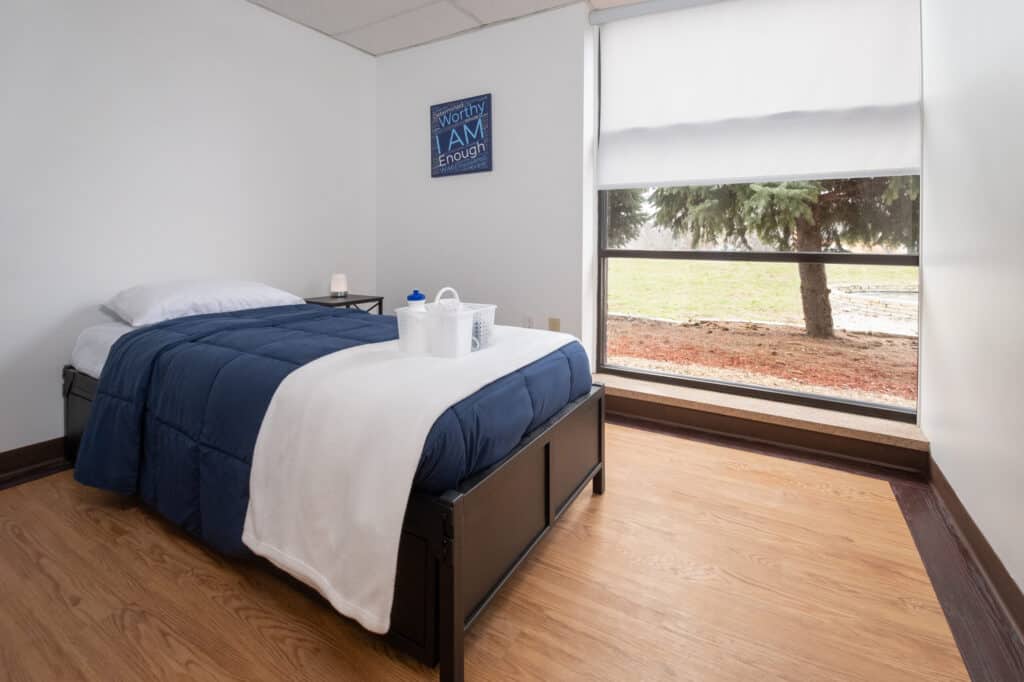
Can You Suddenly Stop Taking Alcohol Addiction Medications?
No, you cannot suddenly stop taking alcohol addiction medications without consulting a doctor, as doing so leads to withdrawal symptoms or a return of cravings. Acamprosate and disulfiram are discontinued without serious withdrawal effects, but stopping abruptly reduces their effectiveness in maintaining sobriety.
What Are the Best Alternatives to Alcohol Addiction Medications?
The best alternatives to alcohol addiction medications are therapy-based treatments like Cognitive Behavioral Therapy (CBT) and Motivational Interviewing (MI), holistic approaches such as yoga and meditation, and support groups. They provide long-term support for sobriety.
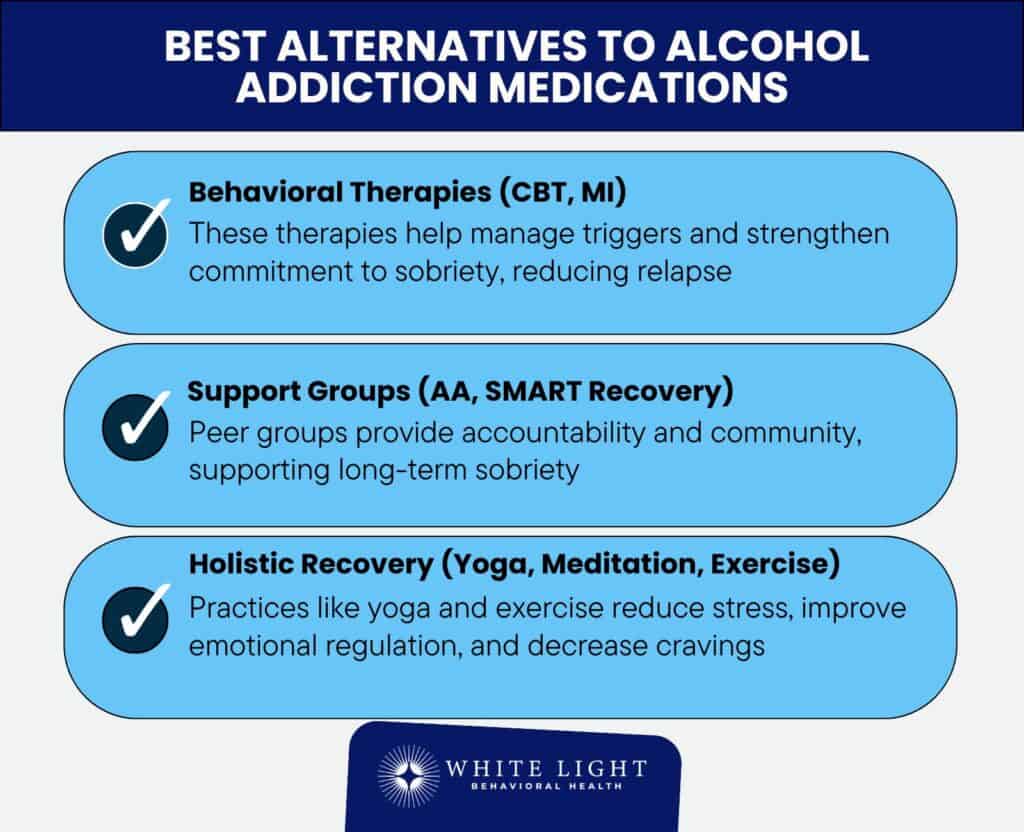
- Behavioral Therapies (CBT, Motivational Interviewing): Therapy-based treatments help individuals recognize and change harmful drinking patterns. CBT teaches coping strategies to manage triggers and cravings, while Motivational Interviewing focuses on strengthening a person’s commitment to sobriety through goal-setting and self-reflection.
- Support Groups (AA, SMART Recovery): Engaging in peer support groups provides accountability, encouragement, and a sense of community.
AA follows a 12-step program emphasizing spiritual growth and personal accountability, while SMART Recovery offers a science-based, self-empowerment approach with structured tools to manage addiction.
- Holistic Recovery (Yoga, Meditation, Exercise): Mind-body practices like yoga and meditation help reduce stress, improve emotional regulation, and promote overall well-being. Regular exercise also plays a key role in addiction recovery by boosting mood and reducing cravings.
Can You Get Alcohol Addiction Medications Without a Prescription in Ohio?
No, you cannot get alcohol addiction medications without a prescription in Ohio, as these are classified as prescription drugs requiring authorization from a licensed healthcare provider.
Attempting to purchase these medications online without a valid prescription is both illegal and poses significant health risks, including the potential receipt of counterfeit or unsafe products.
In Ohio, medications approved for treating alcohol use disorder (AUD), such as naltrexone, acamprosate, and disulfiram, are regulated and require a prescription from a licensed healthcare professional.
Does Insurance Cover Alcohol Addiction Medication In Ohio?
Yes, in Ohio, health insurance plans cover alcohol addiction medications as part of substance use disorder treatment.
Under the Affordable Care Act (ACA), substance abuse treatment is considered an essential health benefit, requiring insurance providers to offer coverage for services like detoxification, inpatient and outpatient rehabilitation, and medication-assisted treatment (MAT).
However, coverage specifics can vary depending on the insurance plan, so it’s important to verify the details with your provider to understand any requirements.
Share This Post
